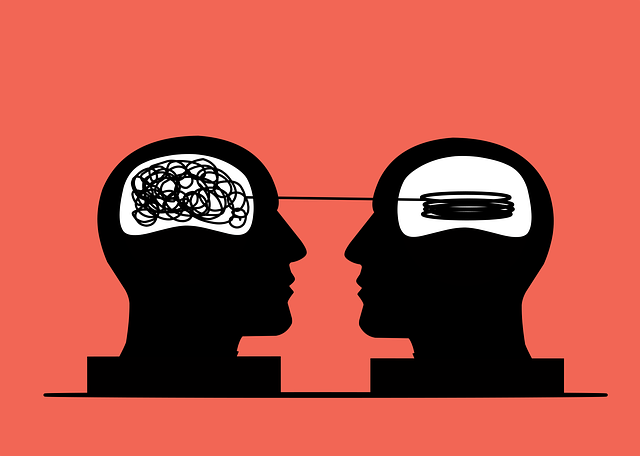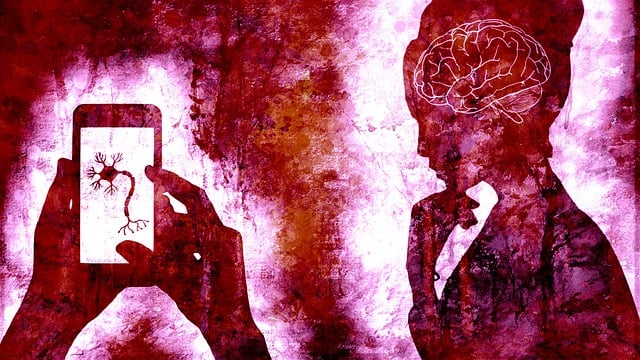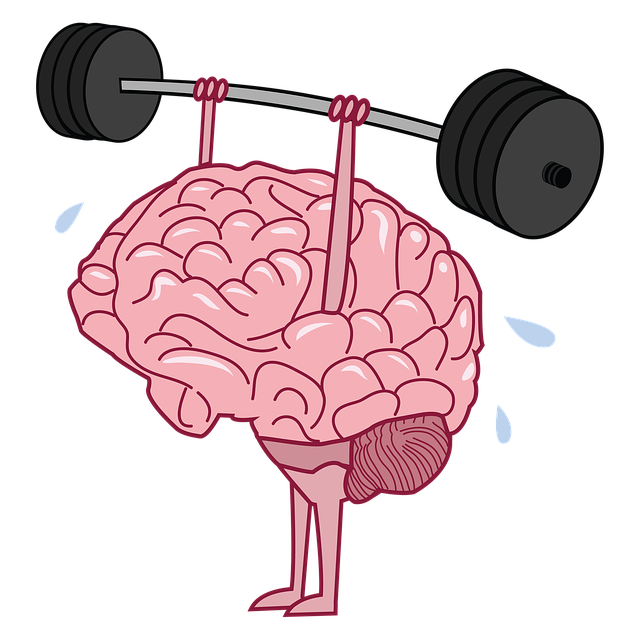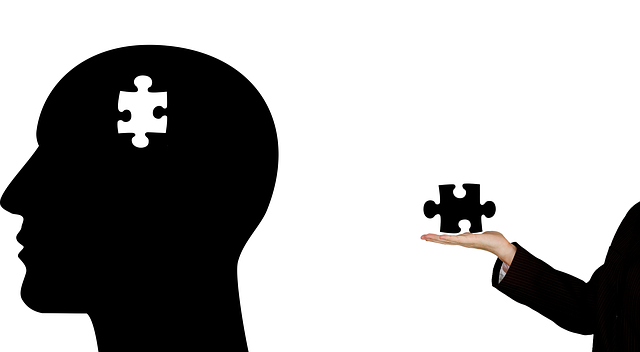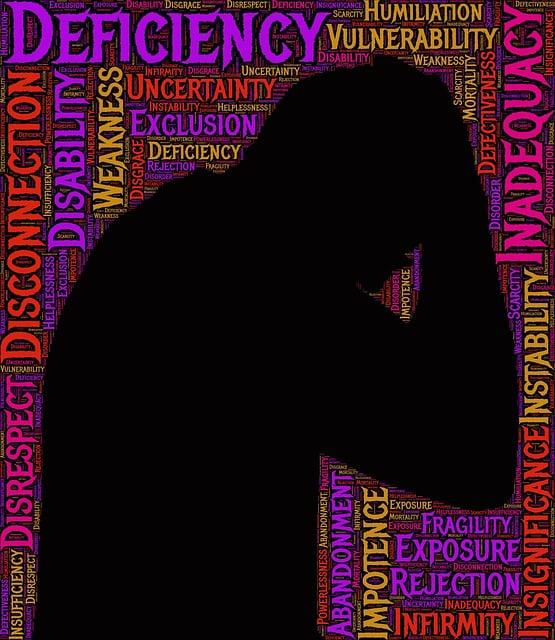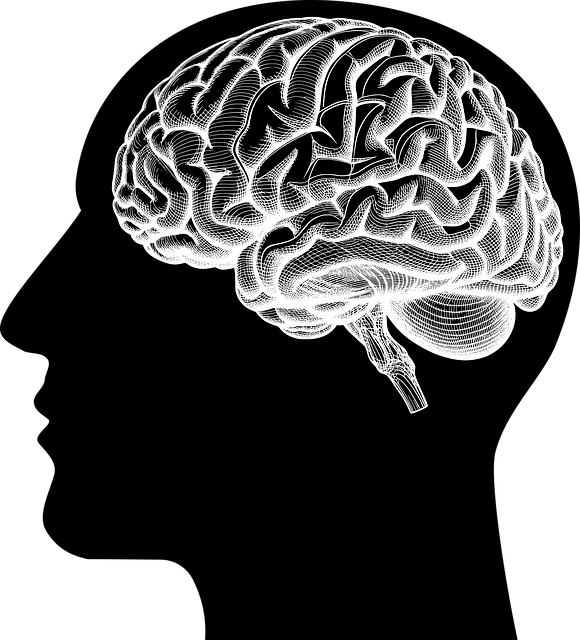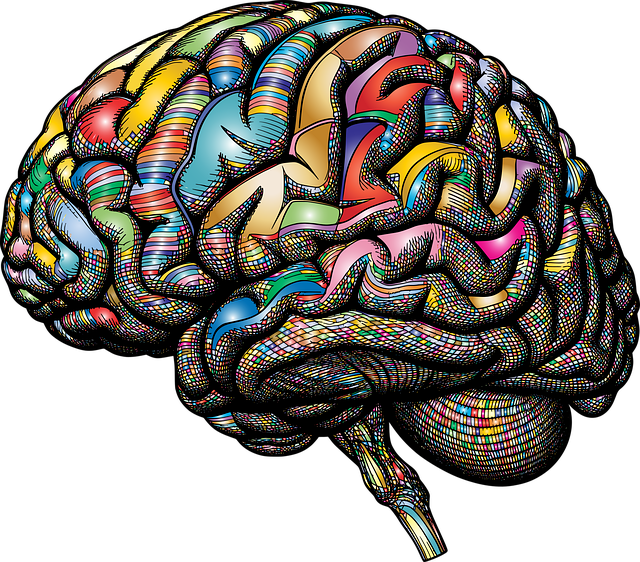Mental illness management begins with understanding your condition. Parker Dialectical Behavioral Therapy (DBT), developed by Dr. Marsha Linehan, offers an evidence-based approach for various disorders, combining cognitive-behavioral techniques and mindfulness. Through structured group sessions and individual therapy, DBT teaches emotional regulation, distress tolerance, self-awareness, and interpersonal skills. This holistic method enhances well-being, reduces symptoms, and builds resilience, making it effective for borderline personality disorder, depression, and anxiety. Mindfulness meditation and journaling exercises complement DBT while burnout prevention strategies support healthcare providers' mental health.
“Uncertainty often surrounds mental illness diagnoses, but understanding is the first step towards healing. Our comprehensive guide, ‘Understanding Mental Illness Diagnoses,’ illuminates the process, demystifying it for those seeking clarity. We explore evidence-based treatments like Dialectical Behavioral Therapy (DBT), highlighting its role in recovery. Subsequently, we navigate treatment options and offer guidance on finding personalized support.
For individuals empowering themselves on their journey to well-being, ‘Empowering Yourself’ provides tools and insights, including DBT techniques from Parker Therapy, for a brighter future.”
- Understanding Mental Illness Diagnoses: A Comprehensive Guide
- The Role of Dialectical Behavioral Therapy (DBT) in Treatment
- Navigating Treatment Options and Finding the Right Support
- Empowering Yourself: Tools for Effective Recovery and Well-being
Understanding Mental Illness Diagnoses: A Comprehensive Guide

Mental illness diagnoses can be complex and often overwhelming for individuals seeking help. Understanding your specific condition is a crucial step in navigating treatment effectively. This comprehensive guide aims to demystify the process, focusing on evidence-based practices like Dialectical Behavioral Therapy (DBT), which has proven beneficial for various mental health disorders. DBT combines cognitive-behavioral techniques with mindfulness and acceptance strategies, fostering healthier coping skills development.
The journey towards healing involves recognizing symptoms, identifying triggers, and learning effective stress management techniques. Through therapy, individuals can develop emotional healing processes tailored to their unique needs. By embracing evidence-backed approaches like DBT, one can enhance their ability to cope with challenges, reduce distress, and improve overall well-being. This understanding equips individuals to actively participate in their treatment plans, fostering a sense of empowerment and resilience.
The Role of Dialectical Behavioral Therapy (DBT) in Treatment

Dialectical Behavioral Therapy (DBT), developed by Dr. Marsha Linehan, has emerged as a highly effective treatment approach for various mental health conditions, particularly borderline personality disorder (BPD). This therapy combines cognitive-behavioral techniques with mindfulness practices to help individuals cultivate skills in emotional regulation, distress tolerance, self-awareness exercises, and interpersonal effectiveness. The Parker Dialectical Behavioral Therapy centers on these core components, offering a comprehensive framework for managing complex emotions and improving overall well-being.
Self-care practices and mood management are integral parts of DBT. Through structured group sessions and individual therapy, clients learn to identify and change unhelpful behaviors while developing healthier coping strategies. By practicing self-awareness exercises, individuals gain deeper insights into their thoughts, feelings, and triggers, enabling them to make positive changes in their lives. This therapeutic approach has proven successful in helping people navigate their mental health journeys, fostering better emotional stability and improved relationships.
Navigating Treatment Options and Finding the Right Support

Navigating treatment options for mental illness can be a daunting task, especially when considering various therapeutic approaches like Parker Dialectical Behavioral Therapy (DBT). DBT combines cognitive-behavioral techniques with mindfulness practices to help individuals regulate emotions and improve interpersonal relationships. This therapy has proven effective for conditions such as borderline personality disorder, depression, and anxiety.
Finding the right support is integral to successful treatment. Social Skills Training can enhance coping mechanisms, while Burnout Prevention Strategies for Healthcare Providers ensure that those offering assistance maintain their own emotional well-being. By combining these approaches, individuals can receive comprehensive care tailored to their unique needs, fostering a healthier and more balanced life.
Empowering Yourself: Tools for Effective Recovery and Well-being

Empowering yourself is a vital step in navigating mental illness and pursuing effective recovery and well-being. Tools like Dialectical Behavioral Therapy (DBT), developed by Dr. Marsha Linehan, offer valuable guidance. DBT combines cognitive-behavioral techniques with mindfulness practices to help individuals regulate emotions, improve interpersonal effectiveness, and enhance distress tolerance. By learning these skills, you can better manage symptoms and promote mental resilience.
Additionally, incorporating practices like Mindfulness Meditation and Mental Wellness Journaling Exercises can significantly contribute to your recovery journey. Regular meditation helps calm the mind and cultivate present-moment awareness, while journaling allows for introspection, reflection, and processing of emotions. Moreover, Burnout Prevention Strategies for Healthcare Providers are crucial, especially if you’re in a supportive role. Prioritizing self-care ensures you can provide the best care for others while maintaining your own mental wellness.
Mental illness diagnosis and treatment can be a complex journey, but with the right tools and support, individuals can navigate this path towards recovery. By understanding mental health conditions through comprehensive guides like ours on diagnosing and comprehending various disorders, one can empower themselves to make informed decisions. Additionally, exploring evidence-based therapies such as Dialectical Behavioral Therapy (DBT), as offered by Parker DBT therapy experts, provides effective strategies for managing symptoms and improving overall well-being. With the right guidance, individuals can find tailored support, embrace recovery, and lead fulfilling lives.
